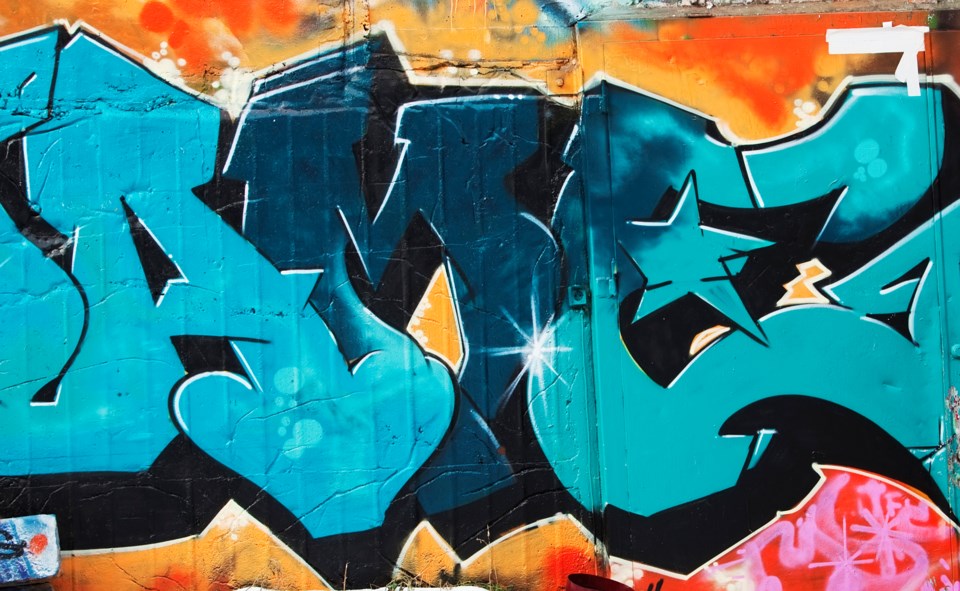What is art to someone may be vandalism to another.
At least, that appears to be the crux of the matter in a Residential Tenancy Branch dispute by a couple of Port Coquitlam residents.
According to a ruling posted online, the landlord wanted to evict the tenant, who lived in his three-bedroom house and shared a kitchen and bathroom with the landlord's son.
The tenant, meanwhile, wanted $3,300 for loss of "quiet enjoyment" over the eviction threat and wages lost pursuing the dispute resolution process.
What fuelled the dispute was a wall of murals on the inside of a large detached garage/storage building on the property.
The landlord said the art was graffiti and tags, and needed to be painted over.
But the tenant claimed the work was art, painted by his girlfriend — a professional artist who planned to photograph the work for her portfolio.
At the landlord's request, the tenant agreed to paint over the artwork.
However, the job wasn't done to the satisfaction and timeline of the landlord, who ended up finishing the job himself and providing the paint, which cost nearly $100.
He wanted to be reimbursed for the paint and gave the tenant a month to vacate the house.
According to the landlord, some of the graffiti still showed through after the tenant applied the paint, while the tenant said the walls looked better after he was done than prior to the murals being painted.
No one seemed to agree on a way through the matter, so it was up to the arbitrator come up with a decision.
In the end, he agreed with the landlord's claim that the murals and tags were property damage.
"I agree that the landlord had the right to require the tenant to rectify it by repainting the affected areas," the arbitrator stated.
But the arbitrator also noted that that the walls weren't in pristine condition and were indoors so weren't bothering the neighbours, so the paint job wasn't urgent.
The arbitrator cancelled the one-month eviction notice, but denied the tenant $3,300 in lost wages and quiet enjoyment.
While the landlord had to pay the tenant's $50 filing fee for the dispute process, the tenant had to pay his landlord $48, the remaining balance for the cost of the paint.
"The tenant claimed he will have to move because of the strained relations between the parties in this shared living situation. That is an inherent risk associated with shared living conditions," the arbitrator ruled.





